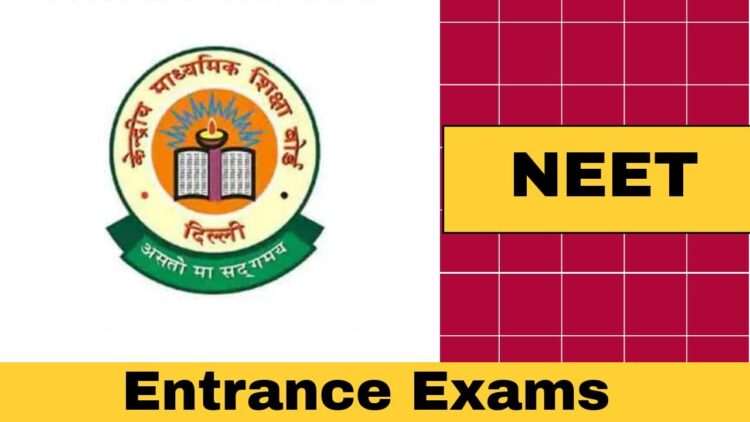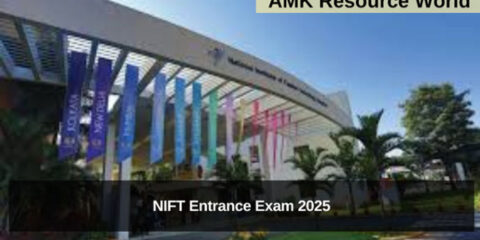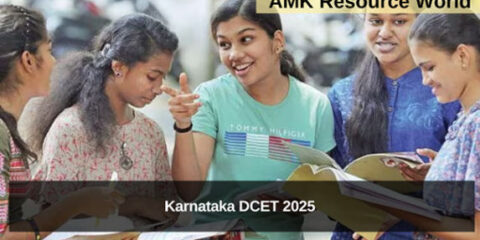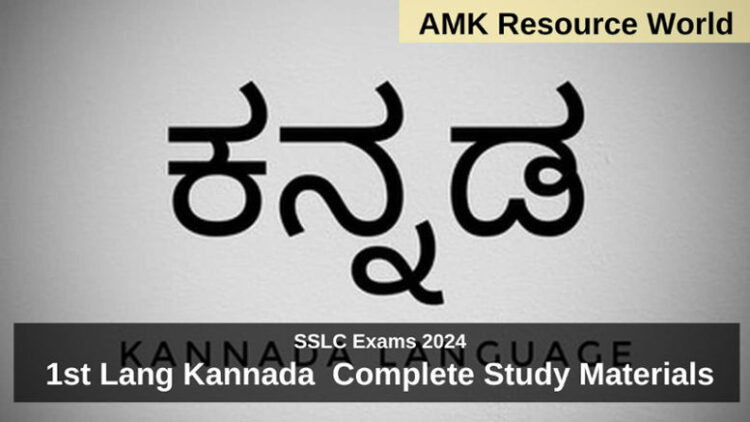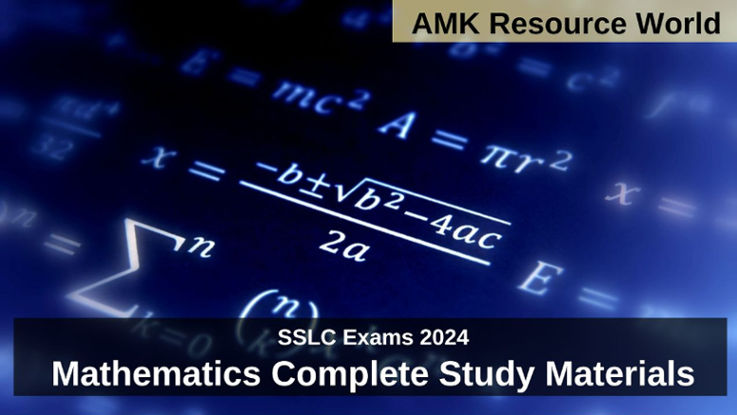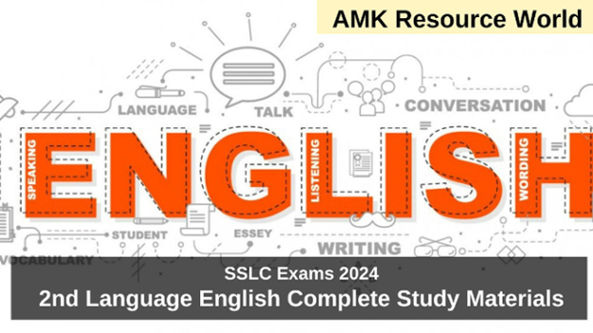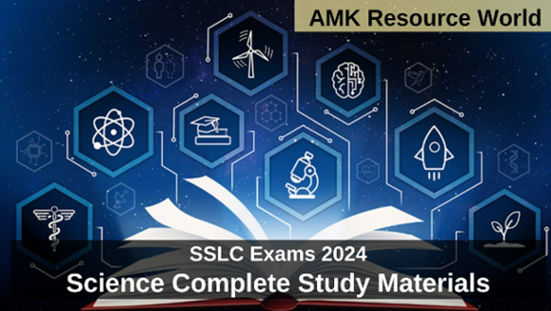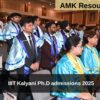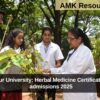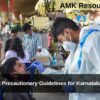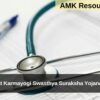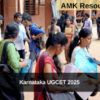NEET is conducted for students who are willing to join UG courses. NEET is considered as one of toughest medical entrance examinations conducted in India. National Eligibility cum Entrance Test is conducted by the National Testing Agency (NTA) for admission of undergraduate courses like MBBS, BDS and Ayush every year. As per Government of India, it has been declared that qualifying NEET is compulsory to pursue medical seat in India and abroad. NTA NEET2021 Exam will be conducted on 1st week of May 2021.
NEET-UG substituted the All India Pre Medical Test (AIPMT) and many other pre-medical exams conducted by states and various medical colleges. NEET-UG is the only entrance test for admissions of more than 66,000 MBBS and BDS seats throughout India.
NEET was initially conducted on 2012. But, for several reasons, the CBSE and Medical Council of India delayed NEET by one year. Then test was announced by the GOI and was held for the first time on 5thMay 2013 across India for students who are in quest of admission in both UG and PG medicine.
On 18thJuly 2013, Supreme Court gave the verdict in favor of 115 petitions and cancelled the NEET exam and declared that the Media Council of India could not interfere with the admission process done by medical colleges.
Following the announcement from the MCI that it would introduce the NEET-UG exam in 2012, several states including Andhra Pradesh, Karnataka, Gujarat, West Bengal and Tamil Nadu strongly opposed the change, asserting that there was a huge change in the syllabus proposed by the MCI compared to their state syllabi.
Even though NEET 2016 is conducted in English and Hindi, it was announced that students can write exams in Tamil, Telugu, Marathi, Bengali, Assamese and Gujarati languages from 2017 onwards. Kannada and Odia languages are added to the list so that students can write the exams in 9 Indian languages along with English language. The apex court ruled that the Medical Council of India can’t conduct a combined examination.
The CBSE announces the results and the All India Merit List for NEET-UG. The merit list and the wait-list are prepared as per the instructionsfrom SC of India, DGHS, MCI and DCI.
NEET was declared illegal and unconstitutional by the SC of India in 2013. Though, again it came on 11 April 2016, after a five-judge Constitution bench recalled the earlier verdict and allowed the Central Government and the MCI to implement the common entrance test until the court decides afresh on its validity.
EXAM PATTERN
The exam includes Physics, Chemistry, Botany and Zoology. Candidates who appear for NEET should prepare thoroughly in order to get good ranking.
| SUBJECT | NUMBER OF QUESTIONS |
| Physics | 45 |
| Chemistry | 45 |
| Botany | 45 |
| Zoology | 45 |
| Total | 180 |
The duration of the paper is 3 hours. Each correct answer secures 3 marks and 1 mark is deducted for each wrong answer. For every unattempted question, marks are neither be awarded nor be deducted.
SEAT RESERVATION
| CATEGORY | SEAT RESERVED |
| General | 47.5% |
| OBC-NC | 27% |
| SC | 15% |
| ST | 7.5% |
| Physically handicapped | 3% |
Also, there is 3% reservation for Persons with disability. Also if there are two students who both belong to the OBC category and are competing for the 4thseat, but among them one student has a physical handicap. Then physically handicap student will get the preference of the 4th seat than OBC candidate.
NEET SYLLABUS
The NEET 2017 syllabus is approved by the Medical Council of India. The syllabus is based on Class 11th & Class 12th chapters & topics.
PHYSICS
CLASS 11
Physical world and measurement, Laws of Motion, Kinematics, Work, Energy and Power, Motion of System of Particles and Rigid Body, Gravitation, Properties of Bulk Matter, Thermodynamics, Behaviour of Perfect Gas and Kinetic Theory, Oscillations and Waves.
CLASS 12
Electrostatics, Current Electricity, Magnetic Effects of Current and Magnetism, Electromagnetic Induction and Alternating Currents, Electromagnetic Waves, Optics, Dual Nature of Matter and Radiation, Atoms and Nuclei, Electronic Devices.
CHEMISTRY
CLASS 11
Some Basic Concepts of Chemistry, Structure of Atom, Classification of Elements and Periodicity in Properties, Chemical Bonding and Molecular Structure, States of Matter: Gases and Liquids, Thermodynamics, Equilibrium, Redox Reactions, Hydrogen, s-Block Element (Alkali and Alkaline earth metals), Some p-Block Elements, Organic Chemistry-Some Basic Principles and Techniques, Hydrocarbons, Environmental Chemistry.
CLASS 12
Solid State, Solutions, Electrochemistry, Chemical Kinetics, Surface Chemistry, General Principles and Processes of Isolation of Elements, p-Block Elements, d and f Block Elements, Coordination Compounds, Halo alkanes and Haloarenes, Alcohols, Phenols and Ethers, Aldehydes, Ketones and Carboxylic Acids, Organic Compounds Containing Nitrogen, Biomolecules, Polymers, Chemistry in Everyday Life.
BIOLOGY
CLASS 11
Diversity in Living World, Structural Organization in Animals and Plants, Cell Structure and Function, Plant Physiology, Human physiology
CLASS 12
Reproduction, Genetics and Evolution, Biology and Human Welfare, Biotechnology and Its Applications, Ecology and Environment.
POINT TO REMEMBER
Students while filling the form would be asked to provide their preference. They can opt for both the All India Quota Seats as well as the State Level seats. The selection, however, would be based on the Merit Lists created by CBSE. CBSE would release two Merit Lists – one for the All India Rank and another for the State Level Ranks. Students would be accordingly called for counseling. Hence, students should be very clear while filling the forms for NEET 2017. Understanding how the seats would be allotted can help you decide which colleges to opt for.
